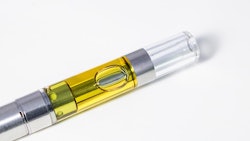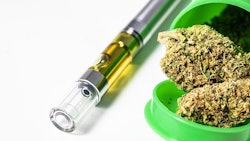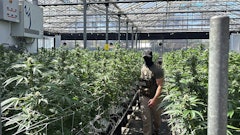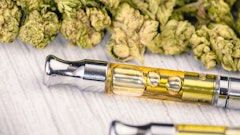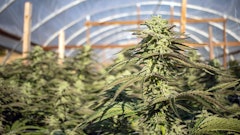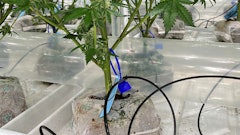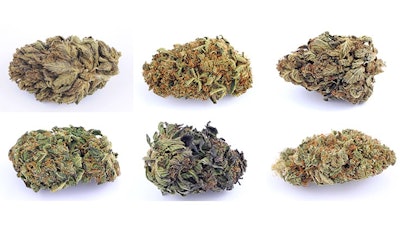
Back in the summer, Denver’s Department of Public Health & Environment announced its plan to randomly test cannabis products bought off store shelves. Samples would be tested for pesticides and mold; the news came in the wake of a product recall in nearby Lafayette, Colo., for what regulators called “potentially unsafe levels of microbial contamination."
The full narrative report from the city is not yet finished, but Westword’s Thomas Mitchell took a close look at some preliminary documents filed on the department’s website. Out of 25 dispensary inspection reports that Mitchell perused, 20 included at least one “hold and quarantine” flag. That’s an 80% failure rate.
While it’s not clear whether those 25 reports are tied specifically to the random testing project announced earlier this year (the department also conducts routine inspections), the ratio is worth noting. The industry has ramped up its own self-scrutiny in recent weeks; Colorado’s Marijuana Enforcement Divisions moved to ban three chemical additives from vape products amid a growing and relatively mysterious illness linked to illicit market vape products.
In mid-October, the department shared a voluntary recall for cannabis products sold at 144 dispensaries in Denver. The cannabis products were sourced from Bonsai Cultivation (aka Redwood Investment Partners), and certain flower SKUs contained “potentially unsafe levels of yeast/mold.”
The question, then, turns to where and when this testing is taking place. Each grower must submit harvest samples to the state for testing before shipping any products to retail stores. Mandatory tests include: potency, homogeneity, microbial, residual solvents, pesticides and mycotoxins. Beginning Jan. 1, 2020, the state will mandate heavy metals testing.
But here’s the rub: Once products are out the door and on dispensary shelves, there’s no avenue to double-check or re-test those chemical inputs. Aside from randomized, routine inspections, state regulators have no oversight on retail products’ chemical safety. And that’s where the recent spate of test failures and voluntary recalls is happening.










